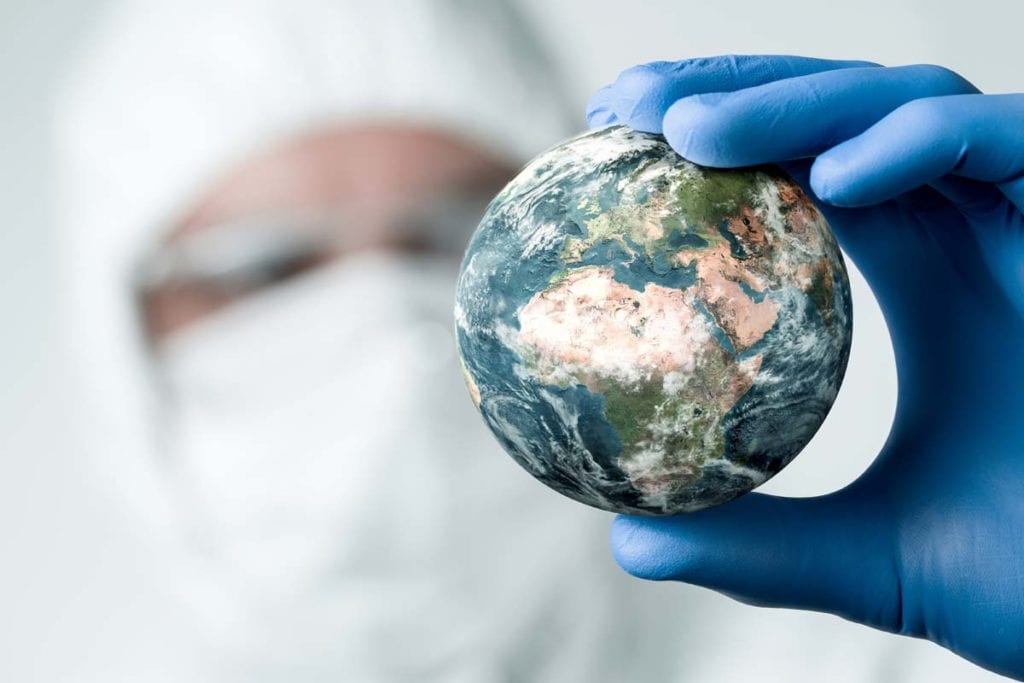Epidemic vs. Pandemic
Unlike coronavirus, addiction is a disease that isn’t contagious. Unfortunately, addiction also doesn’t have a cure, which is why treatment is essential to prevent relapses like any other chronic illness. With the COVID-19 pandemic spreading across the world at a rapid pace, you may wonder what the difference is between an epidemic vs. pandemic.
The Difference Between an Epidemic vs. Pandemic
So what is the difference between an epidemic vs. pandemic? An epidemic occurs when a disease, whether it’s contagious or not, experiences a significant increase in a regional or localized area. That means the reason why addiction is an epidemic is that its prevalence is limited to specific areas or locations in the United States and it hasn’t spread to other areas. While an epidemic can involve diseases like influenza, the disease doesn’t result in a drastic nation-wide or global increase in cases.
Conversely, pandemics, like COVID-19, are contagious diseases that quickly infect a large group of people from different regions or countries. There is no set amount of cases that need to occur in a specific timeframe for a disease to be classified as a pandemic. The rule of thumb is that it has to impact a significant number of people from various backgrounds. If the disease is contained to a small area, it’s more likely an epidemic vs. pandemic.
Recovery From Addiction
Addiction, particularly to opioids like heroin, has reached epidemic levels in the United States. Addiction is a mental health disease that causes you to compulsively abuse your substance of choice. This substance use occurs regardless of a conscious desire to quit. Substance abuse disorders are complex and alter your brain chemistry, pleasure and reward center, and physical health.
You experience mood, behavioral, and personality changes when you struggle with addiction, which can impact your:
- Personal and familial relationships
- Career
- Education
- Mental health
- Finances
As your substance of choice becomes the main priority in your daily life, you can choose to spend money on your substance of choice instead of your bills. As your tolerance builds, you need to increase your use to experience the same pleasurable effects of intoxication. Once you develop a physical dependence, you may have to use solely to avoid withdrawal symptoms, meaning you no longer experience intoxication.
Recovery from addiction reduces tolerance levels and helps the body overcome physical, psychological, and behavioral dependencies.
Addiction Treatment Options
When you decide to explore your treatment options, substance abuse treatment programs can offer:
- Inpatient treatment
- Partial hospitalization programs
- Intensive outpatient programs
- Relapse prevention planning
- Dual diagnosis and trauma treatment
If you have a severe addiction, a co-occurring disorder, or have attempted treatment multiple times, inpatient programs are likely your best choice. The increased structure and support assures that you have constant access to members of your treatment team and an environment that allows you to focus on your recovery.
Outpatient programs allow you to continue working or going to school. Partial hospitalization programs are the highest level of care offered in an outpatient setting and can provide detox services.
Reaching Out for Help Today
The opiate epidemic and the escalating COVID-19 pandemic may make you wonder what the difference is between an epidemic vs. pandemic. While epidemics are localized diseases, pandemics impact a larger group of people and can spread across borders. The COVID-19 pandemic demonstrates why it’s important to maintain your health, as conditions like addiction can make it difficult for your body to fight off diseases and infections.
Keep yourself safe from COVID-19 by getting addiction treatment at Five Palms. Call us at 1.844.675.1022 for information on our treatment programs, COVID-19 safety measures, and telehealth options.

